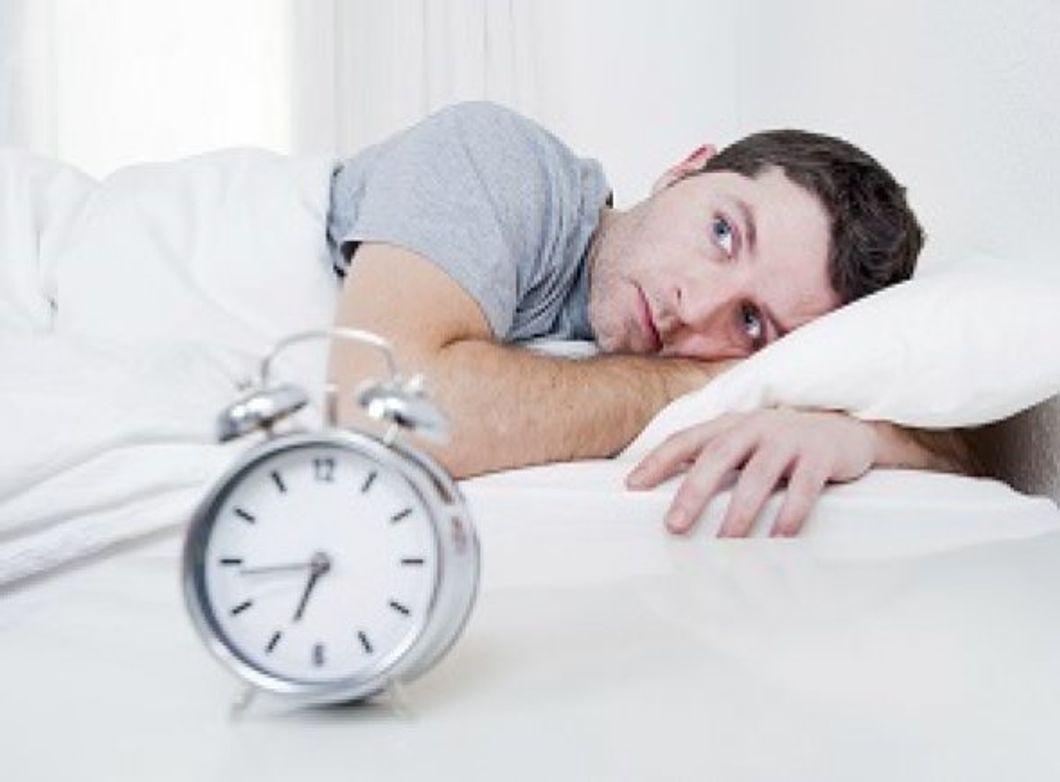These help:
Don't use your phone while in bed.
 123rf
123rfMultiple studies have shown that late-night phone use, especially once you're in bed, can prevent you from getting proper rest. It's usually pretty hard to put the phone down once it's in your hand, so try to refrain from using it right before you plan to go to sleep.
Try not to over-nap.

Though napping can be good - and sometimes necessary - in college, it can be detrimental to your sleep schedule if you take them for too long, or too many times a day. The rule is to keep naps "nice and short," meaning usually somewhere between 20 to 30 minutes. Obviously, if an hour or two is really needed every now and then, that's understandable. But it becomes dangerous when the nap extends too far beyond that, or when you start taking multiple naps a day. It's much more difficult to get to sleep at a normal time after a nap has "refreshed" you. This makes it even harder to maintain a normal sleep schedule and to get up in the morning.
Get more exercise.

Although it sounds contradictory, exercise during the day helps to make you feel less sleepy during the day and to sleep better and more regularly at night.
Avoid processed sugars and carbs.

Sugars, as we learned when we were young, generally make us more energetic. "Sugar highs" are what some choose to call it. Eating too much sugar, especially later at night, can contribute to difficulty sleeping. Even refined carbs can cause wakefulness at night.
Try to get as much natural light as you can.
 Pexels
PexelsThe more time you spend outdoors the better. The light helps you to wake up, and feel more sleepy at nighttime once the sun has disappeared.






















